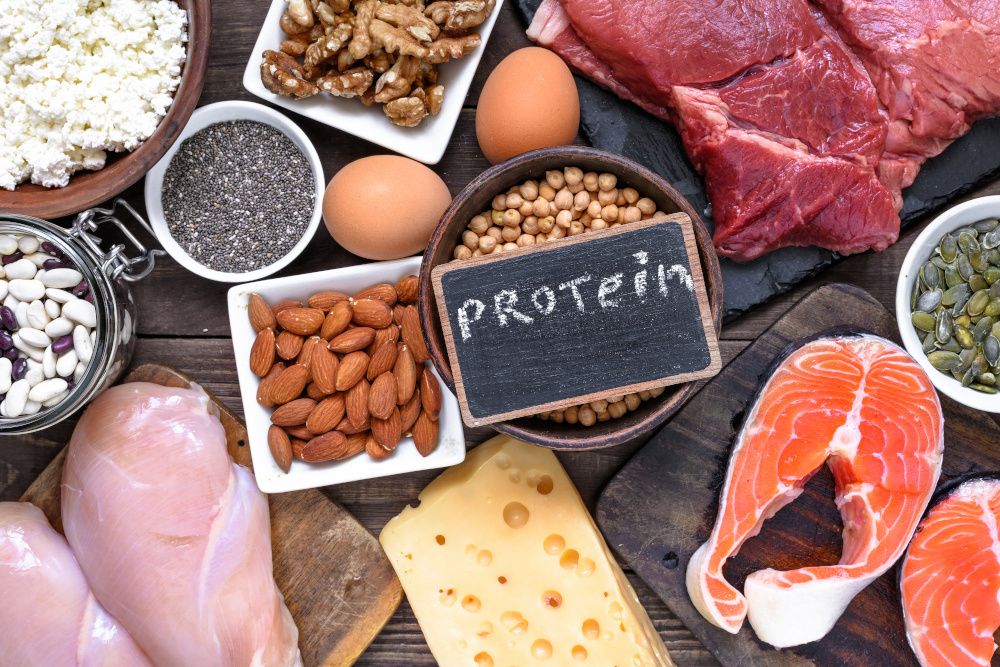The alternative-protein market will grow if companies can reduce costs and increase efficiency, new report says
For the fifth year in a row, ingredient supplier Givaudan and the University of California, Berkeley, partnered to identify future success strategies for the alternative-protein market.
Growth is slowing in the alternative-protein market. With this in mind, a new report written by representatives of ingredient supplier Givaudan (Zurich, Switzerland) and researchers from the University California, Berkeley, shares suggestions for how alternative-protein companies can grow their businesses. A lot of the success will depend on how well alternative-protein companies can maximize efficiency both in terms of cost and production, it says.
The report, titled “10 Alternative Protein Pathways: Opportunities for Greater Efficiency,” marks the fifth year in which Givaudan and students from the Product Development Program (PDP) at UC Berkeley’s chemical and biomolecular engineering department have collaborated to develop insights on alternative proteins.
The report notes that alternative-protein sales have slowed and that the category faces the same economic pressures challenging the rest of the food industry. Like the rest of the food industry, businesses in the alternative-protein market must find ways to maximize efficiency. Companies must figure out how to overcome residual supply chain disruptions, how to move from small-scale to large-scale production, and how to reduce sourcing and production costs. The goal is to make alternative proteins a cost-efficient choice for consumers so that more people opt for plant-protein products instead of animal-protein products.
Currently, the report notes, up to 70% of consumers think that plant-protein products are more expensive than their animal-based counterparts. Lowering the cost of plant protein is one way for alternative proteins to take market share from animal proteins.
The report notes: “A recent survey conducted by ProVeg found that the likelihood of people buying plant-based foods instead of animal-meat equivalents increases dramatically when the plant-based option is cheaper. Many meat products have been hard hit by inflation, making them less affordable to consumers. And this presents an opportunity for plant-based foods to achieve similar margins…”
The report urges alternative-protein companies to reduce costs by increasing efficiency in sourcing and production. Tips include sourcing ingredients locally when possible to reduce transportation costs, 2) using bulking agents or filler ingredients that let companies cut costs while improving a product’s texture and nutritional value, and 3) using high-protein crops that benefit from government subsidies.
Technology is also key. “Thankfully,” the report states, “advances in production technology are already enabling companies to reduce water use and energy consumption and protect against unforeseen costs associated with fluctuating energy prices.” The report points out that plant proteins have already been shown to typically require less energy to produce than animal protein. Other ways to reduce costs include minimizing packaging and optimizing logistics by reducing miles and costs required for transportation and distribution.
Alternative-protein companies can remain successful if they tackle these challenges, the report says. “In a competitive marketplace, those with the most efficient technology, the best-quality products, and the tightest pricing will ride the crest of the wave rather than weather the storm,” the report states.
For more tips from the report, click here.
Prinova acquires Aplinova to further increase its footprint in Latin America
April 7th 2025Prinova has recently announced the acquisition of Brazilian ingredients distributor Aplinova, which is a provider of specialty ingredients for a range of market segments that include food, beverage, supplements, and personal care.











